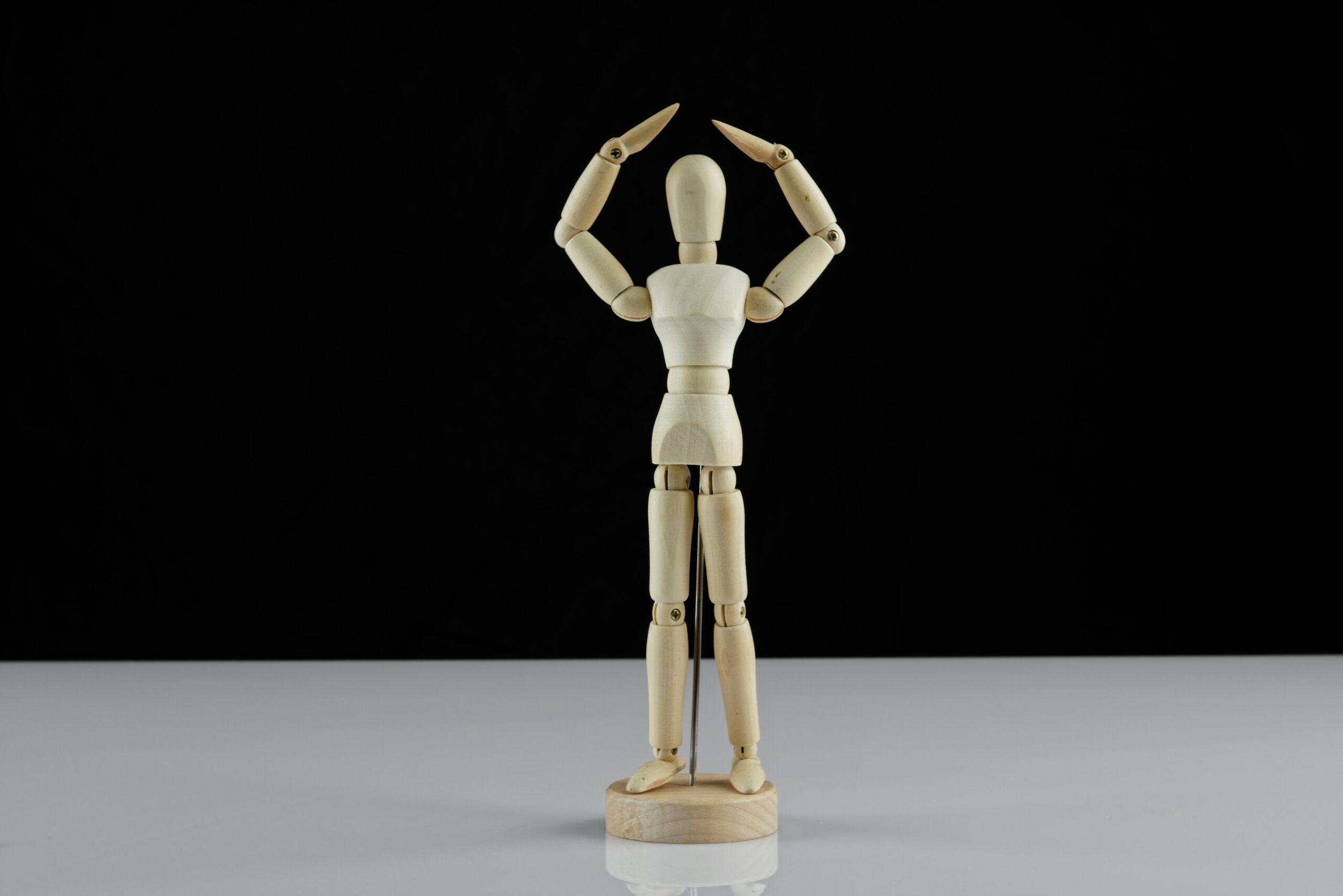The colon is part of the digestive system, the longest part of the large intestine. The colon is a heavily circulated and innervated organ that can be divided into several parts. During the digestive process, the digestive contents move along a pathway, also passing through the colon. The colon is a component that has essential functions for digestion and beyond.
The colon's origin is in the lower right side of the abdominal cavity. Thus, the colon runs around the entire abdominal cavity, with the remaining sections of the large intestine lying in the retroperitoneal space.

The structure of the colon is distinctive, containing autonomic nerves. Consequently, peristalsis is closely related not only to the digestive system but also to the sympathetic nervous system. The activity of the colon is an individual feature and depends on physical and chemical factors. Proper nutrition, including the right amount of fiber, is necessary for appropriate peristaltic function of the intestines.
The colon can work abnormally like any other organ due to diseases and pathological conditions. Depending on the suspected pathology, laboratory and imaging tests are performed to diagnose colon diseases. Many diseases related to the colon require specific treatments. Find out how to take care of your colon's health.
The colon is an essential part of the digestive system. The large intestine in the human body consists of several parts. These include the cecum, ascending, transverse, descending, and sigmoid colon. The colon is the most extended section of the large intestine. Two types of arteries supply blood to the colon. Proper blood supply in the intestines is essential for maintaining intestinal health and function. The colon has several vital tasks; without them, the digestive system would not function well. The functions of the colon include:

The organ's primary function is to store and supply water to the body. By the time undigested food reaches the colon, the vast majority of water has been absorbed by the small intestine. The colon, in turn, absorbs the remaining water to maintain the body's fluid balance. Water absorption in the colon takes place through osmosis![]() .
.
Peristaltic movements are less frequent in the large intestine than in the small intestine. This means that undigested food stays there longer, and water is absorbed through the intestinal walls during this time. This is also useful for the intestinal bacteria that feed on food residues and fiber.
During digestion, nutrients and vitamins are absorbed in addition to water. Once undigested food enters the small intestine, the pancreatic juices digest carbohydrates, fat, and proteins. Other components, such as electrolytes, minerals, and vitamins, are absorbed in the intestine. Before the food content reaches the colon, the small intestine absorbs most nutrients.
The colon absorbs the rest of the nutrients from the food. Among other things, sodium![]() is a mineral absorbed in the colon via sodium channels. The colon also influences the absorption of vitamins through the environment of natural bacteria. The colon contains intestinal bacteria capable of producing and synthesizing vitamins through fermentation. Vitamins made in the colon include vitamin K
is a mineral absorbed in the colon via sodium channels. The colon also influences the absorption of vitamins through the environment of natural bacteria. The colon contains intestinal bacteria capable of producing and synthesizing vitamins through fermentation. Vitamins made in the colon include vitamin K![]() and B vitamins
and B vitamins![]() .
.

The walls of the intestine consist of mucous membranes and muscles, which allow them to influence the movement of the digestive contents. The large intestine performs slow peristaltic movements, allowing water and nutrients to be absorbed. Parasympathetic, sympathetic, and sensory nerves supply the colon. The parasympathetic system![]() causes increased intestinal contractions.
causes increased intestinal contractions.
There are two types of movement in the large intestine and colon: haustral contraction![]() and mass movement
and mass movement![]() . As food content moves through the digestive system, the colon solidifies undigested food and forms stool. The stool is stored in the sigmoid colon—the colon contracts and increases pressure, allowing the stool to move into the rectum. The body then excretes it through the rectum.
. As food content moves through the digestive system, the colon solidifies undigested food and forms stool. The stool is stored in the sigmoid colon—the colon contracts and increases pressure, allowing the stool to move into the rectum. The body then excretes it through the rectum.
The colon also produces large quantities of special mucus. This substance is intended to moisten the epithelium, thus protecting the walls of the organs from irritation. The mucus also enables the digestive contents that have become concentrated in the colon to move. The mucosa of the sigmoid colon has numerous cells and intestinal glands. Some of these produce mucus, while mucus secretion occurs due to pressure and stretching of the colon wall.
A wide range of symptoms can indicate problems with the colon. Frequent gastrointestinal symptoms may suggest that some abnormality in the digestive process is happening. Abnormal functioning of the colon may be caused by disease. Diseases of the colon usually manifest themselves through abdominal pain, nausea, vomiting, diarrhea, or constipation. Diseases and conditions associated with the colon include:

Diarrhea is a condition in which excessively loose stools are passed with increased frequency. There are different types of diarrhea. It can also be a symptom of the disease, especially if it occurs chronically. Diarrhea occurs when the activity of the colon is too high and the food content passes through the digestive system too quickly. Colonic activity is an individual characteristic and depends on many factors. However, too rapid passage of intestinal contents can lead to malabsorption, resulting in vitamin, mineral, and electrolyte deficiencies.
Heartburn is a condition that can occur after eating a large meal. A burning feeling and a bitter taste accompany it. In addition to the burning pain, patients often complain of a sense of backflow of acidic contents from the stomach. Heartburn indicates too much acid in the stomach and indigestion. It can also be one of the symptoms of a diseased colon.
Constipation is when there are too few bowel movements per day or over an extended period. Patients also report complaints such as excessive pushing to pass stools, incomplete bowel movements, or passing dry, compacted stools. Abnormalities in the digestive process cause the inability to have a bowel movement. The colon may shape the stool abnormally. Too little fluid may be the cause. Water absorption thickens the intestinal contents, but too much stool formation can lead to compact stools and constipation. Decreased peristaltic movements of the colon may also be a cause. However, constipation is not always indicative of a colonic disorder.
The syndrome is a condition that produces a broad spectrum of symptoms. It affects the small and large intestine and manifests itself, among other things, as abdominal pain and disrupted bowel movements. Several factors are linked to the development of irritable bowel syndrome, such as genetics, hormonal changes, or infections. Factors affect the motility of the large bowel. Psychological aspects can also cause the syndrome, as the nervous system can increase or decrease digestive tract contractions due to stress![]() .
.
Hirschsprung's disease is a congenital condition associated with a functional disorder of gastrointestinal motility. The disease results from a lack of ganglia in the enteric nerve plexus. Nerve cells are also absent in the colon muscles. In most cases, the sigmoid colon and rectum are affected. Congenital abnormalities impair motility, so patients report difficult bowel movements. Long-term symptoms of Hirschsprung's disease can lead to severe complications, such as inflammatory bowel disease. Hirschsprung's disease requires surgical treatment.

Diverticulosis and diverticulitis are other diseases related to the digestive system and the colon. Abnormalities may occur in the mucosa of the colon due to the weakening of the muscular layers of the wall. This condition predisposes to inflammation, which causes problems with bowel movements and abdominal pain. Diverticula are small pockets, pouches protruding into the colon. The number of diverticula varies from a few to several dozen. They usually form in adults after many years of eating an unhealthy diet. In severe or complicated cases of diverticulitis, hospitalization is necessary.
Colitis is inflammation of the mucosa of the rectum or rectum and colon, leading in some cases to ulceration. Inflammation of this part of the bowel can include Crohn's disease![]() . In inflammatory diseases of the large intestine, the functioning of the digestive system is impaired. The causes of inflammation of this type are unknown. Some theories suggest an abnormal immune system response. Symptoms of colitis include uncharacteristic gastrointestinal symptoms such as diarrhea, abdominal pain, and febrile conditions. Inflammation in the large bowel can be reduced by pharmacotherapy.
. In inflammatory diseases of the large intestine, the functioning of the digestive system is impaired. The causes of inflammation of this type are unknown. Some theories suggest an abnormal immune system response. Symptoms of colitis include uncharacteristic gastrointestinal symptoms such as diarrhea, abdominal pain, and febrile conditions. Inflammation in the large bowel can be reduced by pharmacotherapy.
Adequate blood supply to the colon is essential for adequately functioning the digestive system. Ischaemic colitis can cause reduced blood flow to the colon, and inflammation or ulcers can cause insufficient blood flow in digestive system areas. Diseases such as myasthenia gravis and intestinal obstruction can also lead to colonic ischemia. Acute intestinal ischemia can be dangerous, so cases of acute intestinal ischemia, regardless of the cause, require immediate surgical treatment.
Infectious diseases of various kinds can also cause problems with the colon. Many different bacteria, viruses, and parasites attack the large intestine. Infections that cause digestive issues most often occur through ingesting contaminated food or water. Pathogens can reach the colon via the digestive route, causing problems. The most common causes include Escherichia coli![]() and Salmonella
and Salmonella![]() . Infectious organisms cause inflammation, abdominal pain, diarrhea, and other symptoms in these situations. Infectious diseases related to the gut are most often treated with antibiotics. However, antibiotics can destroy the flora in the colon, allowing the overgrowth of C . difficile
. Infectious organisms cause inflammation, abdominal pain, diarrhea, and other symptoms in these situations. Infectious diseases related to the gut are most often treated with antibiotics. However, antibiotics can destroy the flora in the colon, allowing the overgrowth of C . difficile![]() , which can also lead to inflammation.
, which can also lead to inflammation.
Unfortunately, cancer can also develop in the colon. Therefore, correct diagnosis of diseases of the colon is essential. The most dangerous of the diseases, colorectal cancer![]() , still causes many deaths due to too late diagnosis. Colorectal cancer, like other diseases of the colon, causes uncharacteristic symptoms that patients often underestimate. An increased risk of colorectal cancer affects people with Crohn's disease, ulcerative colitis, and obesity. Genetic factors also favor the development of colorectal disease. The prognosis of colorectal cancer depends primarily on the stage of the tumor.
, still causes many deaths due to too late diagnosis. Colorectal cancer, like other diseases of the colon, causes uncharacteristic symptoms that patients often underestimate. An increased risk of colorectal cancer affects people with Crohn's disease, ulcerative colitis, and obesity. Genetic factors also favor the development of colorectal disease. The prognosis of colorectal cancer depends primarily on the stage of the tumor.

It is worth caring for the colon's health to avoid the diseases mentioned above. A healthy diet primarily influences the condition of the colon and the proper functioning of the digestive system. In addition, preventive examinations are essential to help quickly identify pathological conditions within the digestive system.
Eating habits significantly impact the health of the digestive system and the human body. The World Cancer Research Fund (WCRF)![]() circulates reports that include, among other things, data on colorectal cancer. Experts have noted that specific dietary components may be linked to the incidence of the disease. Red and processed meat may be harmful to colon health. In contrast, the presence of vegetables, fruit, and fiber in the diet positively affects the digestive system.
circulates reports that include, among other things, data on colorectal cancer. Experts have noted that specific dietary components may be linked to the incidence of the disease. Red and processed meat may be harmful to colon health. In contrast, the presence of vegetables, fruit, and fiber in the diet positively affects the digestive system.
Various types of tests can confirm colonic diseases. Diagnostic tools in colonic diseases include laboratory and imaging tests. Inflammatory markers are used to diagnose inflammation in the intestinal area. Imaging studies help to assess the colon's function. An abdominal X-ray shows changes and abnormalities inside the colon with confidence. A colonoscopy is also an essential examination through which the inside of the entire colon can be viewed.
The colon is a section of the large intestine that is essential for the digestive system's workings. The primary function of the organ is the absorption of water and nutrients, but the colon also has several other crucial tasks. Several complaints can indicate problems with the colon. In addition to abdominal pain, symptoms of colon disease can include nausea, vomiting, constipation, and diarrhea.
Many diseases are related to the colon, and various diagnostic tools are used to diagnose them. A quick and correct diagnosis is essential in the case of dangerous colorectal cancer. It is worth following a bowel-healthy diet and performing preventive examinations to avoid the risk of disease and complications.